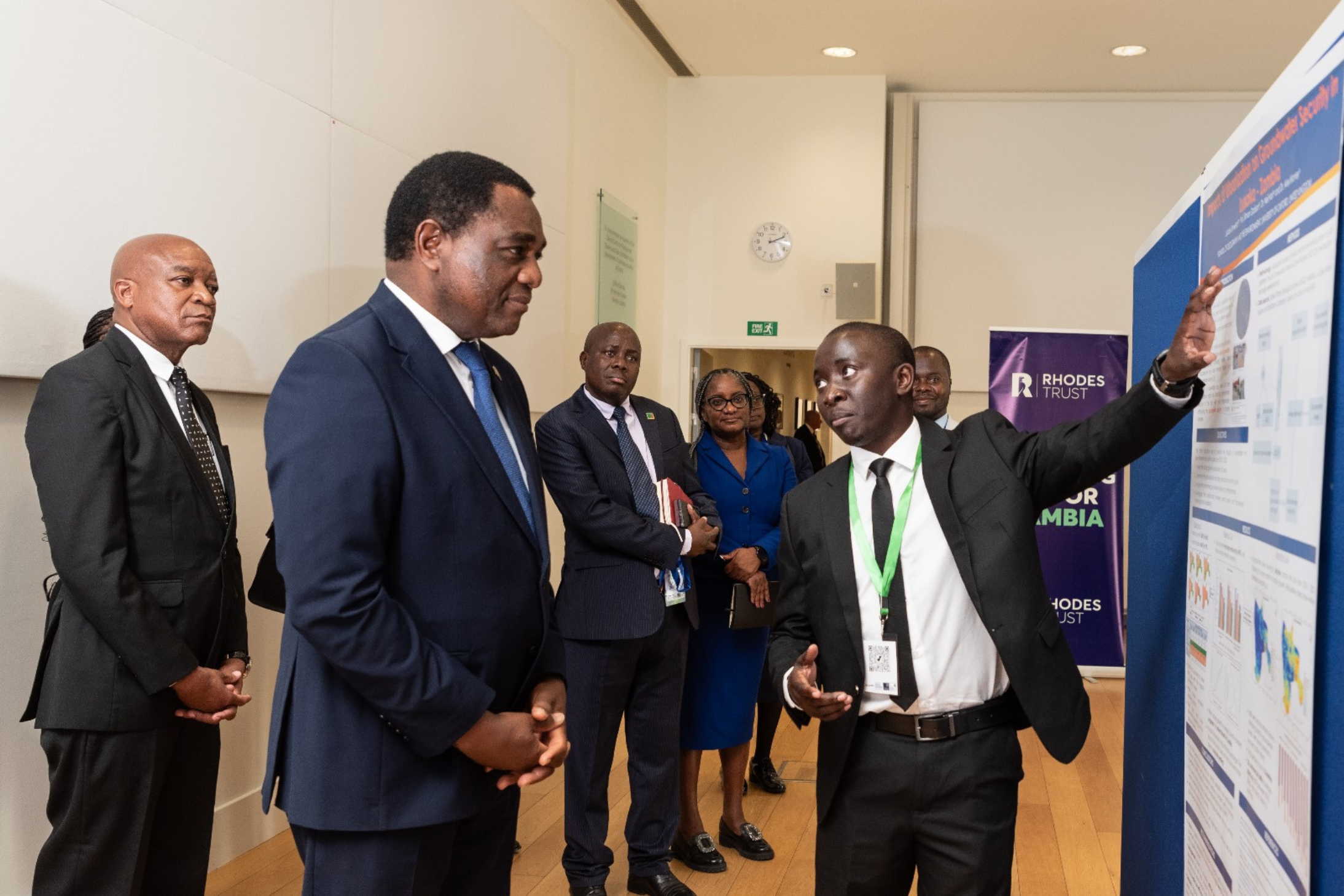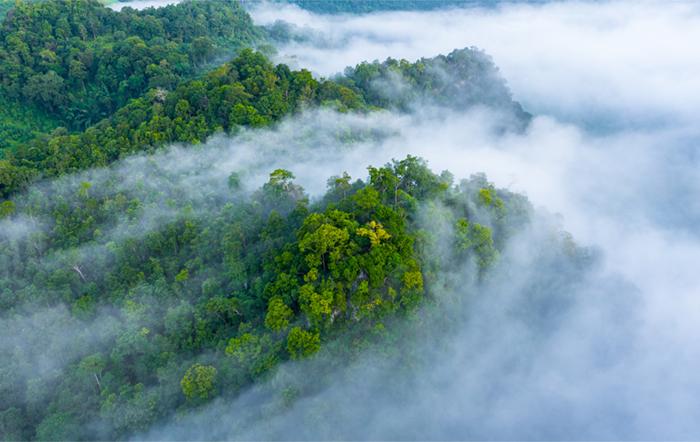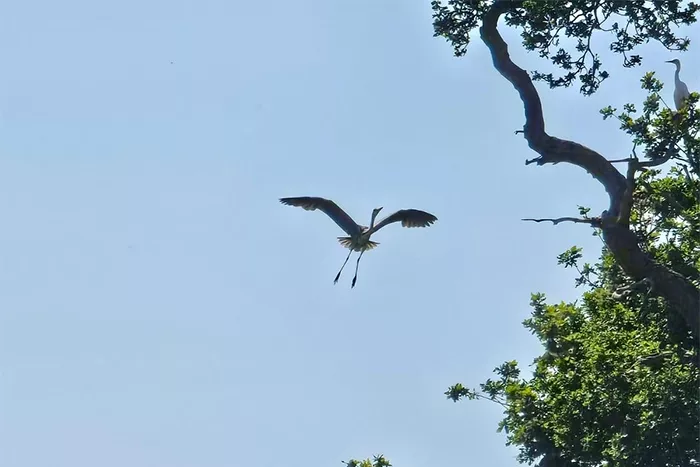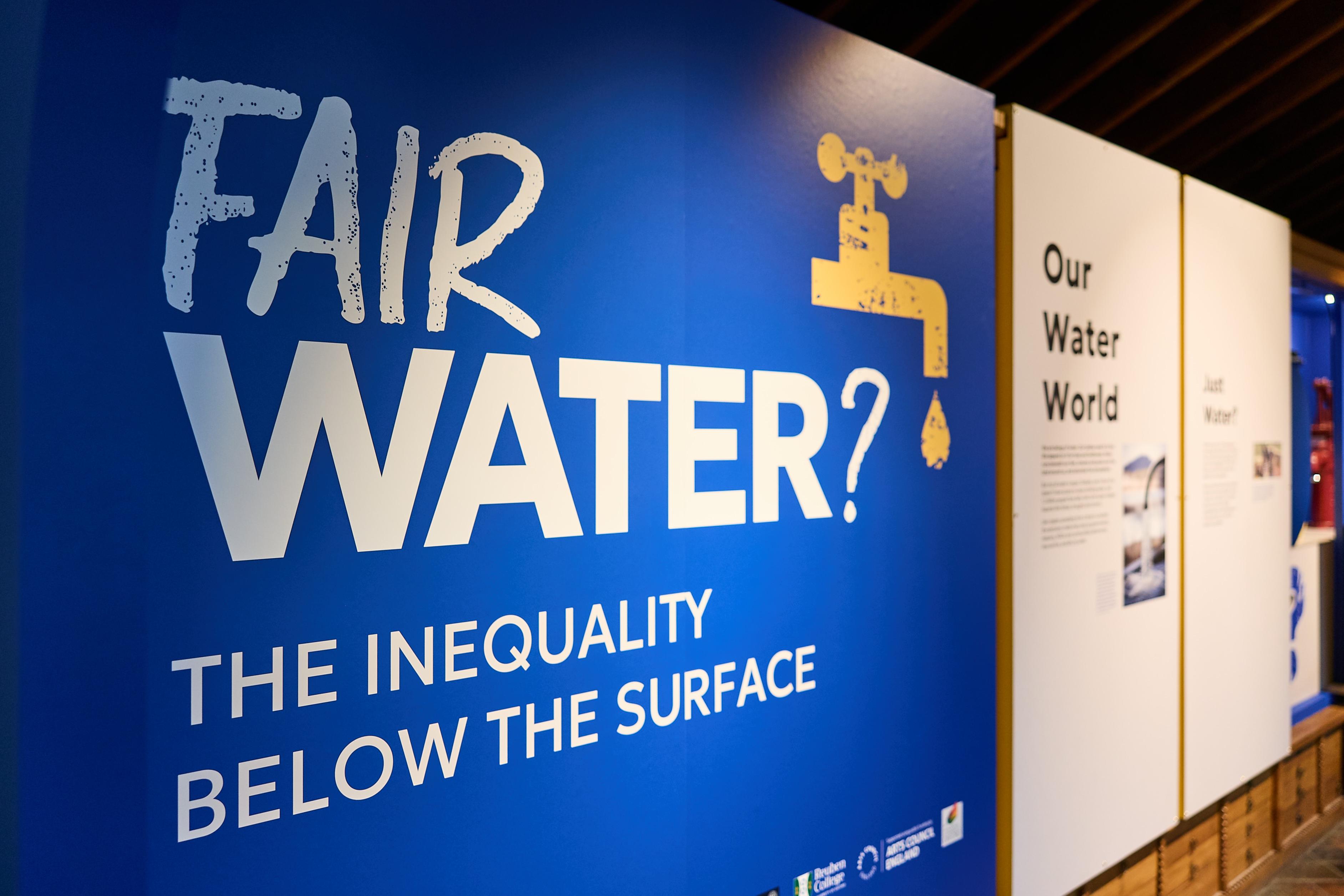The atmosphere’s growing thirst for water is making droughts more severe, even in places where rainfall has stayed the same. New research by Dr Solomon H. Gebrechorkos and Prof Simon Dadson et al in SoGE, published in Nature, finds that this “thirst” has made droughts 40% more severe across the globe.
News
Academics say flying to meetings harms the climate - but they carry on
An overwhelming majority of survey respondents at a top research university agree that air travel contributes to climate change, but many - especially professors and PhD students - often fly to conferences anyway, according to a study, co-authored by Dr Debbie Hopkins and Prof Tim Schwanen, published last month in Global Environmental Change. The study was featured in an article in Nature in September.

I was picked for Team GB. Then long Covid dashed my Olympic dream
In a recent article in The Times, Oonagh Cousins, a researcher at the School of Geography and the Environment, shares her experience of contracting long Covid and how it has affected her life, including losing the chance to compete in the Olympics. Cousins emphasises the need for more research into long Covid and chronic illnesses like ME.

The Money in Motherhood: Selling Intimate Data in Fertility and Pregnancy Apps
Fertility and pregnancy tracking apps, popular with millions worldwide, collect sensitive data on users, raising privacy concerns, especially after Roe v. Wade's reversal. Dr. Josie Hamper's research highlights how these apps commercialise pre-motherhood, driving consumer culture. Users often trade their intimate data for insights, accepting targeted ads and data sales as a norm.
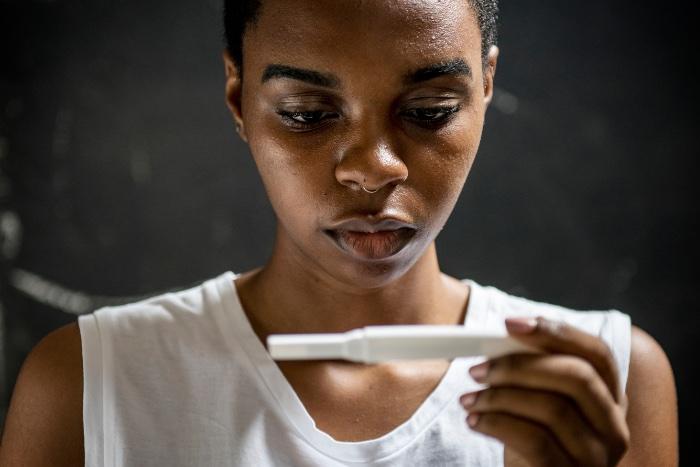
While some cities clear homeless encampments, others are granting a ‘right to shelter’
In a recent article published in The Conversation, Tiger Hills, a DPhil Candidate in the School of Geography and the Environment, examines the implications of a US Supreme Court decision upholding an Oregon city's ban on outdoor camping. The article delves into the broader issues of homelessness, public space, and the emerging legal recognition of a "right to shelter." Hills explores how this decision, along with similar cases in Canada, could reshape the legal and social landscape surrounding homelessness and public space.

Forest restoration can boost people, nature and climate simultaneously
Forest restoration can benefit humans, boost biodiversity and help tackle climate change simultaneously, new research suggests. The new study, by the universities of Exeter and Oxford, found that restoration plans aimed at a single goal tend not to deliver the others. However, “integrated” plans would deliver over 80% of the benefits in all three areas at once.
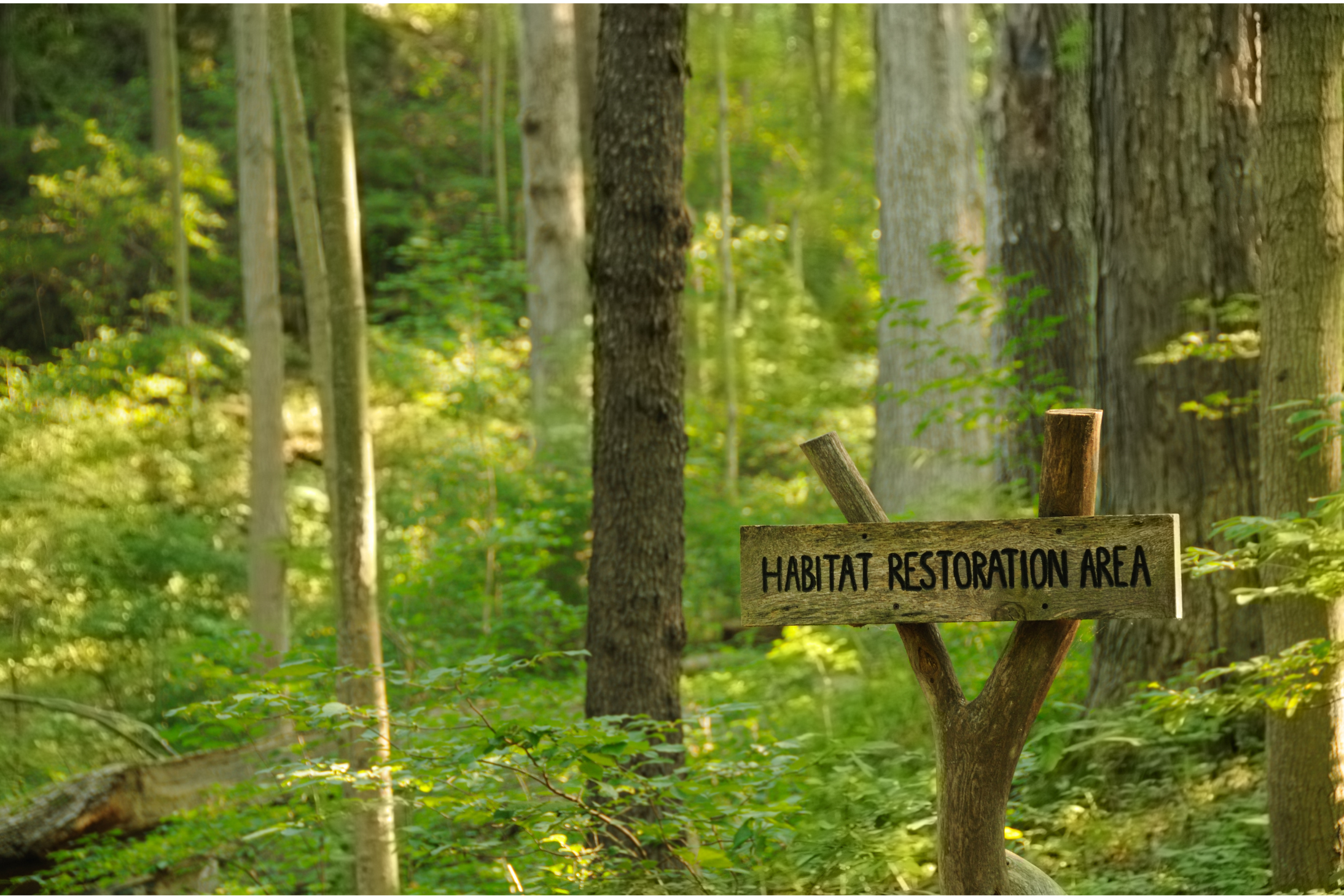
Oxford researchers propose ‘Carbon Removal Budget’ to tackle climate change
New research from the University of Oxford, published in the journal Carbon Management, makes the case for a novel ‘Carbon Removal Budget’ to help tackle climate change. It would sit alongside the Carbon Budget that governs how much CO2 can safely be emitted globally.

SoGE awarded Gold and Silver at the Green Impact and LEAF awards 2024
At the University of Oxford’s Green Impact and LEAF end-of-year showcase and celebration on the 9 July 2024, the School of Geography and the Environment earned Gold accreditation in the Green Impact awards for the second time and Silver accreditation for our Geolabs in the LEAF (Laboratory Efficiency Assessment Framework) scheme.

Professor Susan J Smith to become President of the British Academy in 2025
Congratulations to Professor Susan J Smith (Geography, Anne's College and DPhil, Nuffield College, University of Oxford) who is to succeed Professor Julia Black as President of the British Academy, taking up office in July 2025 for a four-year term.
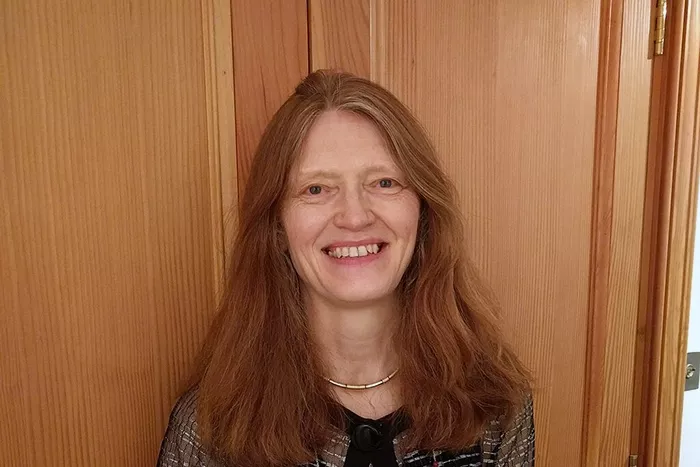
Avoidable deaths have increased: the damning data political parties aren’t discussing
One question that British voters may have asked themselves during the 2024 election campaign is whether they are any better off now than they were in 2010 when the Conservative-led coalition came to power. A recent poll reveals that most Britons (73%) think they are not. In The Conversation, Lucinda Hiam and Danny Dorling in the School of Geography and the Environment, delve deeper into avoidable deaths in the UK.

Master's Dissertation by Lubasi Limweta Recognised by Zambian President Hakainde Hichilema
MSc student in Water Science, Policy, and Management, Lubasi Limweta, from the University of Oxford, received high recognition from the President of Zambia, H.E. Hakainde Hichilema, during the "Zambia at 60 Conference - Standing up for Zambia" event held at the Saïd Business School on 21st June 2024."
